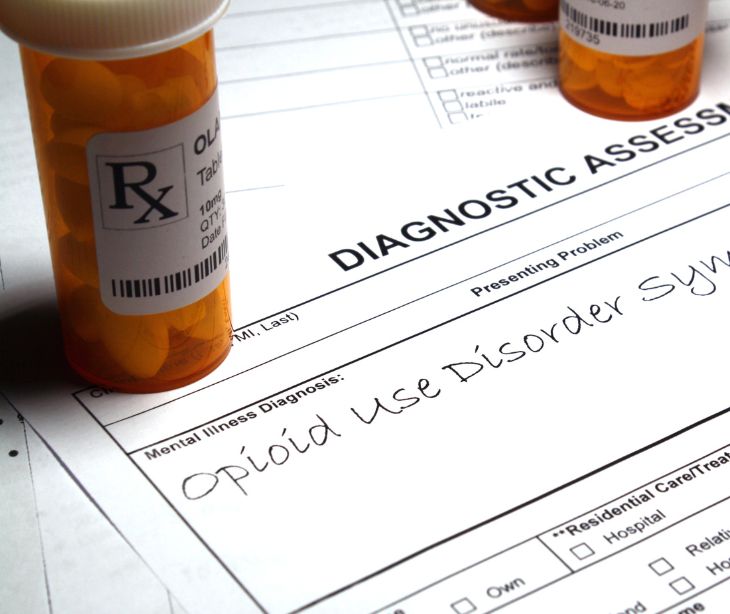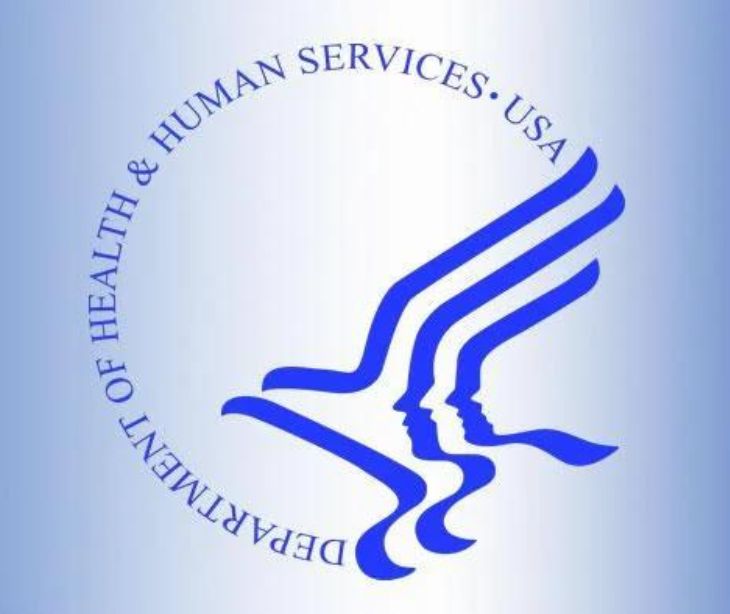
The letter was released to teaching hospitals and medical schools.
What happened
Recently, the Department of Health and Human Services (HHS) through the Centers for Medicare & Medicaid Services (CMS) released guidance outlining the requirements for informed consent, particularly for patients receiving treatment under anesthesia.
The press release notes recent media reports have come out, highlighting disturbing medical incidents where patients did not provide adequate informed consent. In these cases, patients were subjected to a variety of personal exams, including pelvic, breast, and prostrate exams, by medical students. These patients, often under anesthesia, were not always aware that these exams were being conducted by students.
In the letter, the OCR also underscored that the Office for Civil Rights (OCR) has received and is investigating complaints related to improper PHI disclosures to medical trainees.
Going deeper
The new guidance was prompted by an article that went live on the Annals of Surgery Open website, which found that many states have statutes regarding sensitive examinations. The growing focus on obtaining consent for these exams prompted the CMS to revisit the issue.
According to the CMS, patients must have full information regarding their health status, diagnosis, and prognosis. The patient, or a representative, must also be given the opportunity to refuse a treatment or proceedure. Furthermore, informed consent must be officially documented and include information such as: the hospital location, the specific procedure, the responsible practitioner, a statement that the procedure or treatment was explained, the signature of the patient or representative, and the date and time.
The guidance acknowledged that in the past, practitioners or students were allowed to perform sensitive exams to patients under anesthesia. With more attention, the CMS decided to update what should be considered exceptional practice to promote informed consent.
What was said
In the press release, the HHS said, “While we recognize that medical training on patients is an important aspect of medical education, this guidance aligns with the standard of care of many major medical organizations, as well as state laws that have enacted explicit protections as well.”
The letter further added, “Informed consent is the law is essential to maintaining trust in the patient-provider relationship and respecting patients’ autonomy.”
Why it matters
Recently, the public has become increasingly aware of issues related to privacy. An increasingly aware public paves the way for hospitals to uphold high standards and may improve compliance with a number of measures, such as improper disclosures or, in this case, informed consent.
Hospitals must remain diligent in following these new developments, which help ensure patients receive the best care possible and that practitioners act responsibly.
The big picture
With increased media attention, it’s possible that new complaints from patients may come forward. Hospitals should be aware and ready to respond to potential issues as they arise.
Furthermore, hospitals should take care to document informed consent and store this information safely, as it could be needed in the future.
Read more: HIPAA Compliant Email: The Definitive Guide
Subscribe to Paubox Weekly
Every Friday we'll bring you the most important news from Paubox. Our aim is to make you smarter, faster.



